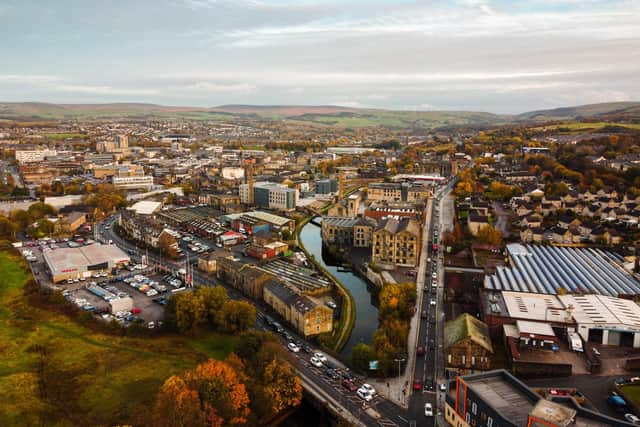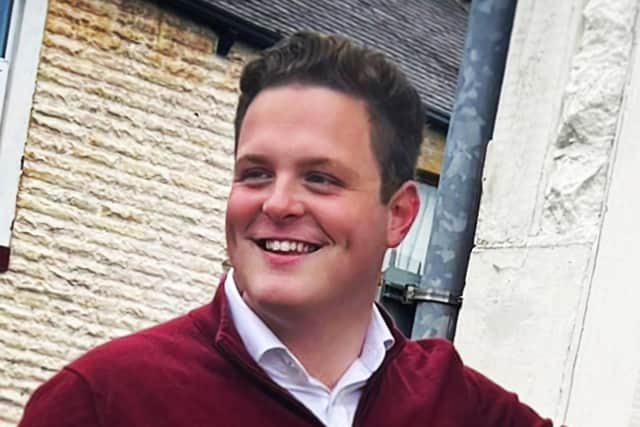Burnley revealed as number one target seat for Labour Party at general election following Boundary Commission constituency changes
and live on Freeview channel 276
Changes enacted by the Boundary Commission have been found to make Sir Keir Starmer’s job of gaining an outright majority harder than it would have been, but according to analysis of the new constituencies, Burnley could be an easier seat for Labour to win than it would have been at the last election when Tory Anthony Higginbotham became the first Conservative MP elected to the town in decades.
The next election will be fought on new constituency boundaries, redrawn to reflect population changes and to try to even out voter numbers in each area.
Advertisement
Hide AdAdvertisement
Hide AdAccording to that, the new Burnley constituency would have a majority of just 127 votes for Mr Higginbotham when in 2019 he beat Labour incumbent Julie Cooper by 1,352.


Labour’s parliamentary candidate for Burnley, Oliver Ryan, says he is not taking anything for granted, despite the Burnley constituency gaining Brierfield, and potentially more Labour voters.
Nationally, though, Labour would need a record swing in votes at the next general election to win a majority, according to analysis of the new electoral map.
“Nationally, the picture is tougher than it would have been, but there are lots of variables to take into account, even in Burnley where it has become the most marginal seat in the country according to the new analysis,” Mr Ryan said.
Advertisement
Hide AdAdvertisement
Hide AdAnalysis suggests Labour needs a national swing of 12.7% to win with just a small majority.


Mr Ryan added: “I’m not taking anything for granted, nor is the Labour Party nationally. We’ve got to fight for every vote. I’m out door-knocking in Burnley and I’m hearing on the doorstep people who are sick of this government.
“The ever-increasing cost-of-living, the strain on the NHS and record high taxes. The public just don’t feel like anything’s working anymore, whether thast’s the police or NHS.
“People are also fed up of ‘loud politics’ – in other words the soap opera that the Conservative Party has become, what with all their different leaders and controversies in recent years.
Advertisement
Hide AdAdvertisement
Hide Ad“It just feels like chaos, with a new leader every 10 minutes, and this is what people are telling me, that the Tories need a time out.”
The situation in Burnley is further complicated, however, with the news that the town’s former Liberal Democrat MP, Gordon Birtwistle, has decided to stand again for his party.
Mr Ryan acknowledged this but pointed out that Mr Birtwistle was part of the last 14 years of Conservative government, and was a minister when the Lib Dems were part of a coalition with the Tories.
“I have a lot of respect for Gordon, but fundamentally the question is ‘if there’s a Labour government do you want a Burnley MP who is in that government with a strong voice for Burnley or out of it?’, he said.
Advertisement
Hide AdAdvertisement
Hide AdOn the question of tax, Mr Ryan said Labour was committed to not increasing personal tax, but said that tax cuts won’t solve people’s everyday problems.
“People want to see breakfast clubs back, less need for foodbanks, shorter waiting times for health appointments, more police on the streets as well as social issues like children living in poverty tackled.”